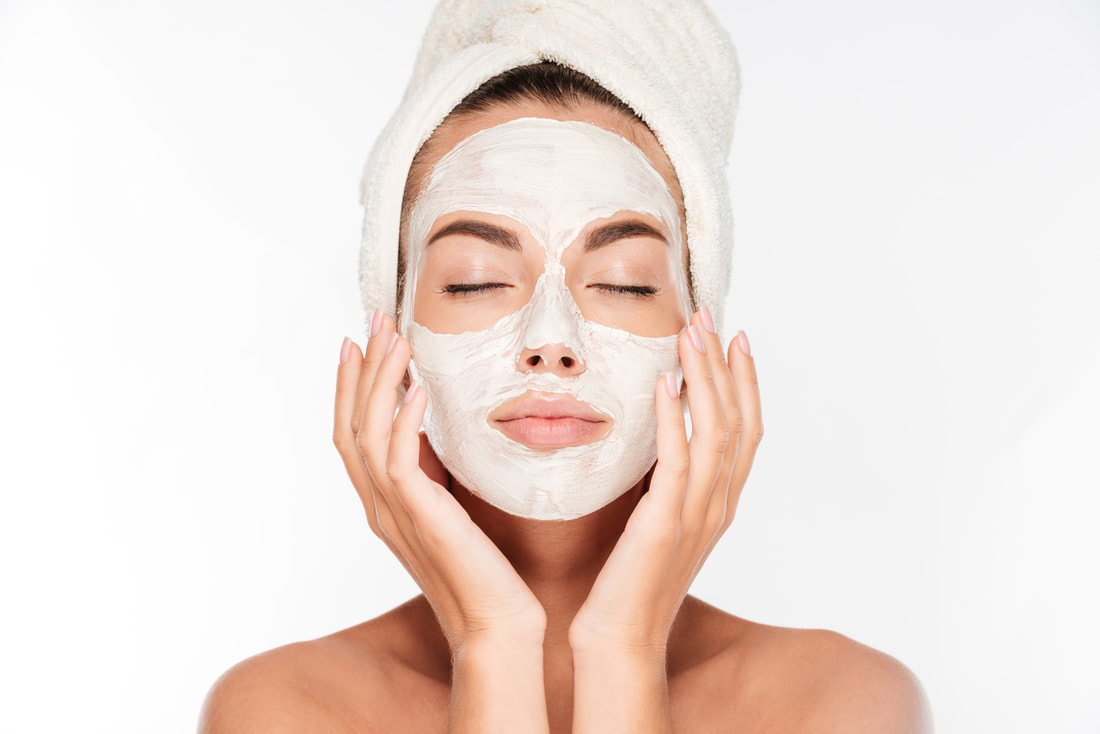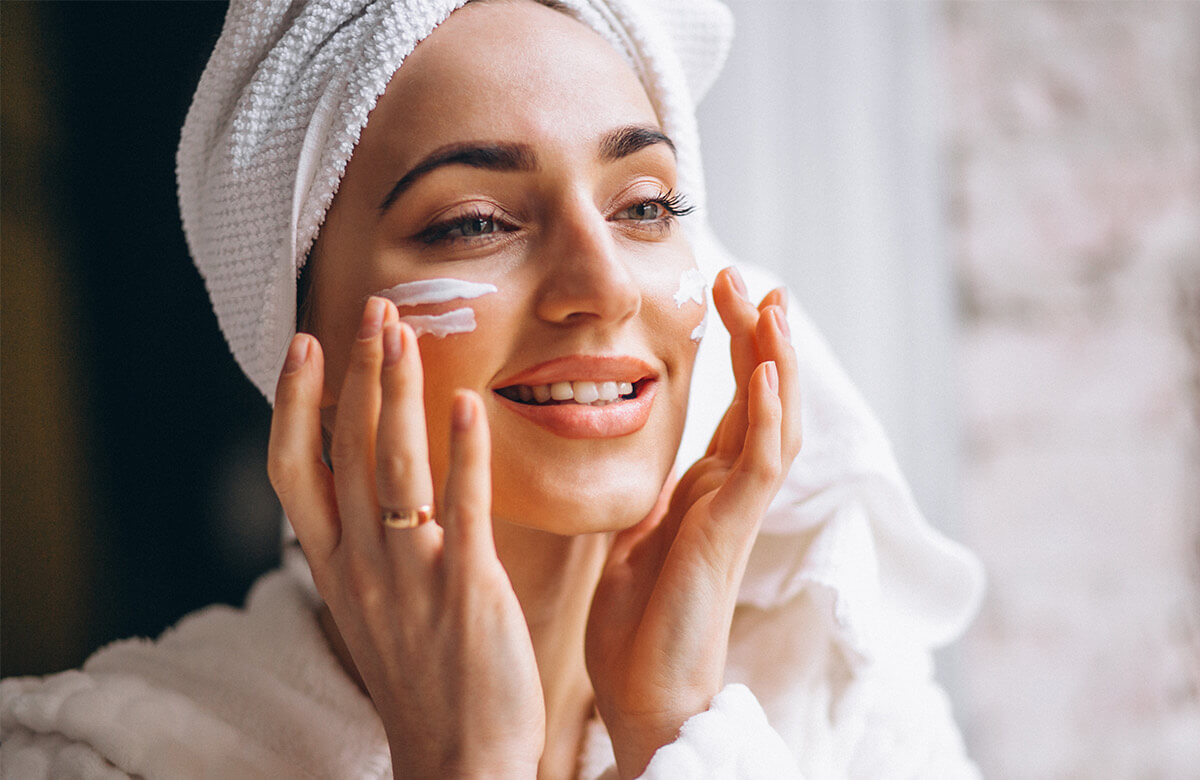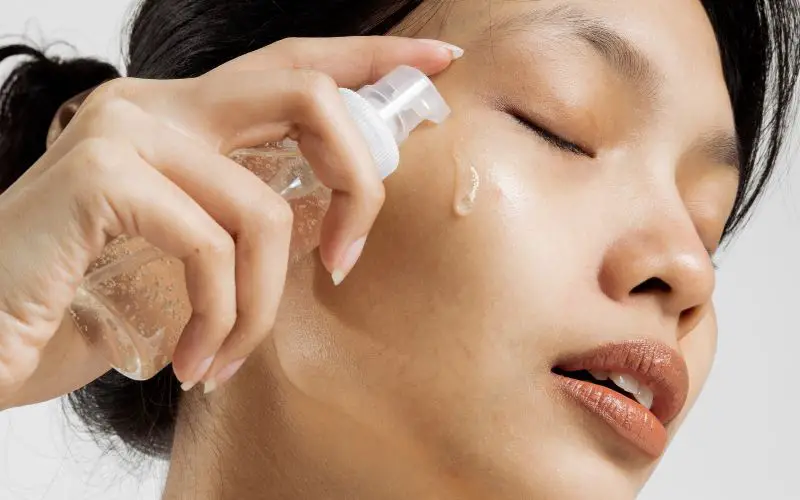Skincare for Mature Skin: Essential Tips and Techniques
As a skincare specialist, your clients depend on your insights to help them navigate the complexities of mature skin care. This phase in life presents its own set of challenges and calls for a bespoke approach to keep skin looking vibrant and healthy. A deep understanding of the characteristics of mature skin is essential to effectively address visible aging signs while also promoting the skin's overall health.
With age, the skin often sees a reduction in collagen production, which results in reduced firmness and elasticity. Additionally, natural oil production tends to decline, increasing the risk of dryness and sensitivity. Such changes necessitate a thorough knowledge of skincare products and techniques designed specifically to meet these distinct requirements.

Recognizing the Needs of Mature Skin
The initial step in creating an effective skincare routine for mature skin is to recognize its unique traits. As skin ages, it generally becomes thinner and more delicate, making it more vulnerable to damage from external aggressors like UV radiation and pollution. Furthermore, the skin's moisture retention ability decreases, making it prone to dryness and flaking.
It's crucial to select products that are designed for mature skin. Seek out components like hyaluronic acid and ceramides that work to restore moisture levels and reinforce the skin's barrier. Additionally, antioxidants such as vitamins C and E can help shield against free radical damage, leading to a more youthful appearance.
Crafting an Effective Skincare Routine
Formulating a personalized skincare routine is vital for maintaining healthy skin as it ages. Begin with a gentle cleanser that removes impurities without stripping natural oils from the skin. Next, apply a hydrating toner to prep the skin for the following products.
Utilize a serum that targets specific concerns such as fine lines, wrinkles, and uneven skin tone. Retinol-infused serums can effectively promote cell turnover and diminish age-related changes. Moisturizing is an essential step, so opt for a rich, nourishing cream that locks in hydration and supports the skin's barrier function.
Don't neglect sun protection; daily application of a broad-spectrum sunscreen is a must as UV exposure contributes significantly to premature aging.
Tackling Common Issues
Frequent concerns for individuals with mature skin include sagging, hyperpigmentation, and age spots. Regular exfoliation can aid in removing dead skin cells and enhancing the skin's radiance. Nonetheless, it's vital to choose gentle exfoliants to avoid irritating delicate skin.
For focused treatment of dark spots and pigmentation, explore products featuring niacinamide and kojic acid, which work to even skin tone. Including facial massages in your routine can also enhance circulation and boost skin elasticity.
Extra Tips for Skincare Success
Beyond using the right products, lifestyle choices significantly influence the health of mature skin. Encourage your clients to stay hydrated and consume a balanced diet rich in antioxidants. Advise them to steer clear of smoking and excessive alcohol, as these can hasten the aging process.
It's also vital to maintain consistent sleep patterns, as restorative sleep plays a critical role in skin repair and regeneration. Managing stress is equally important, as chronic stress can adversely affect skin health.
For more detailed advice on creating the ideal skincare regimen, feel free to check out this guide for expert insights.

FAQs on Skincare for Mature Skin
What ingredients are best for mature skin?
Ingredients such as hyaluronic acid, retinol, and antioxidants like vitamin C are valuable for mature skin. These components help maintain moisture, encourage cell turnover, and provide protection against environmental damage.
How often should mature skin be exfoliated?
Generally, exfoliating once a week is adequate for mature skin. This practice removes dead skin cells without leading to irritation.
Is a separate eye cream necessary?
While not mandatory, a dedicated eye cream can help address issues like puffiness and crow's feet. Look for formulations containing peptides and caffeine to tighten and brighten the eye area.
For further information on building an effective skincare routine, be sure to check out this guide from Liva Natural.
This article contains affiliate links. We may earn a commission at no extra cost to you.

